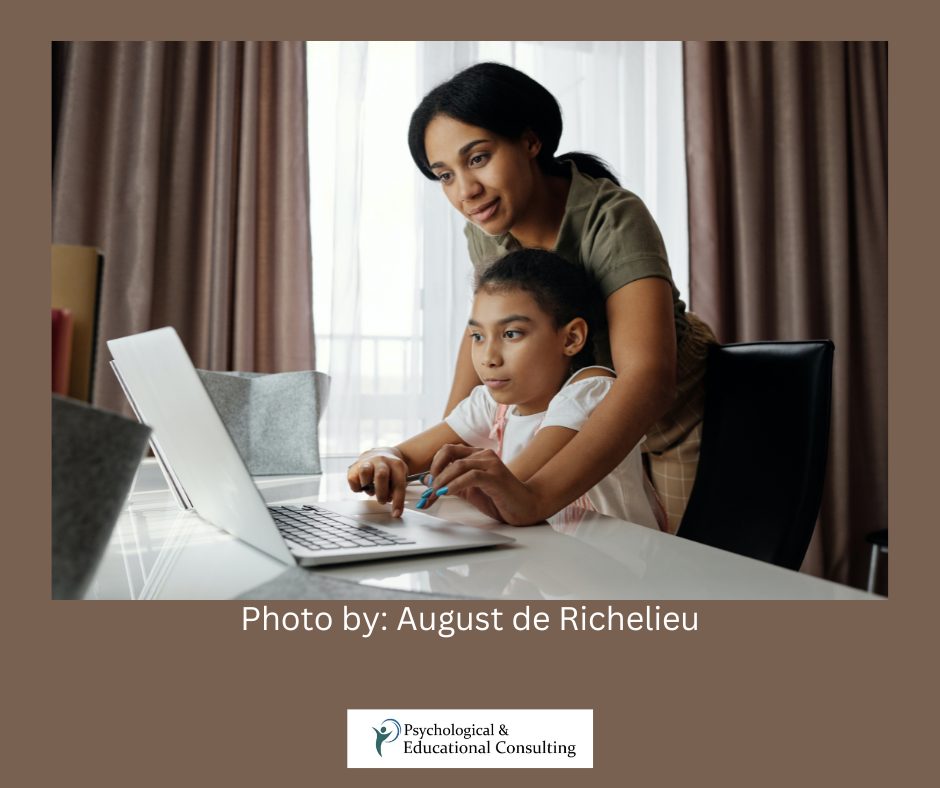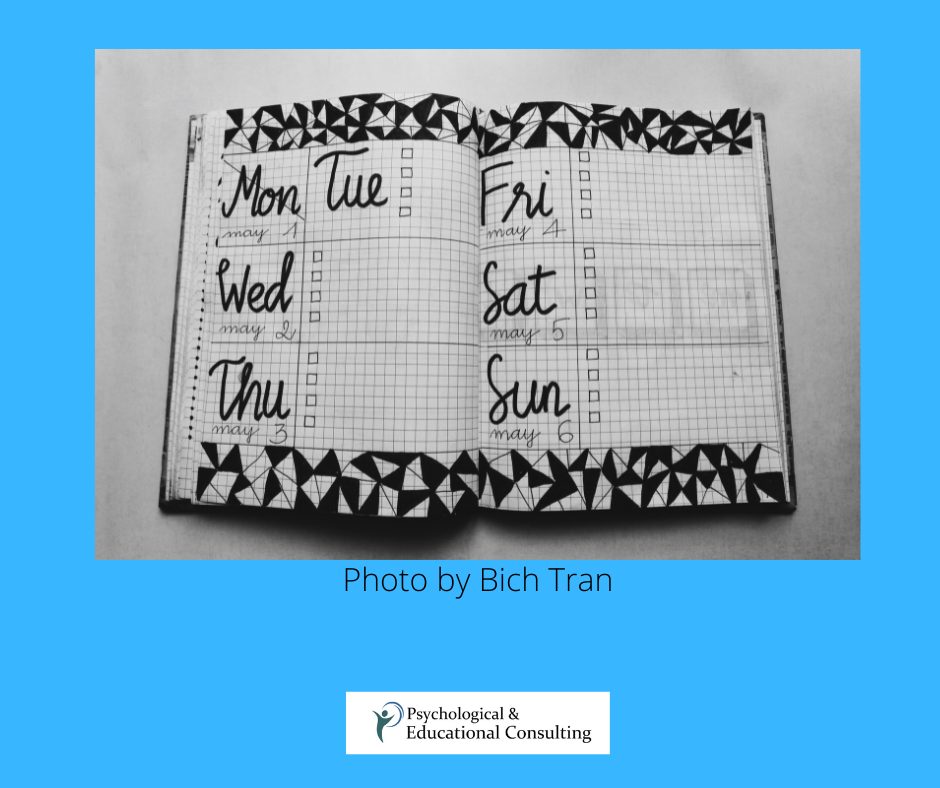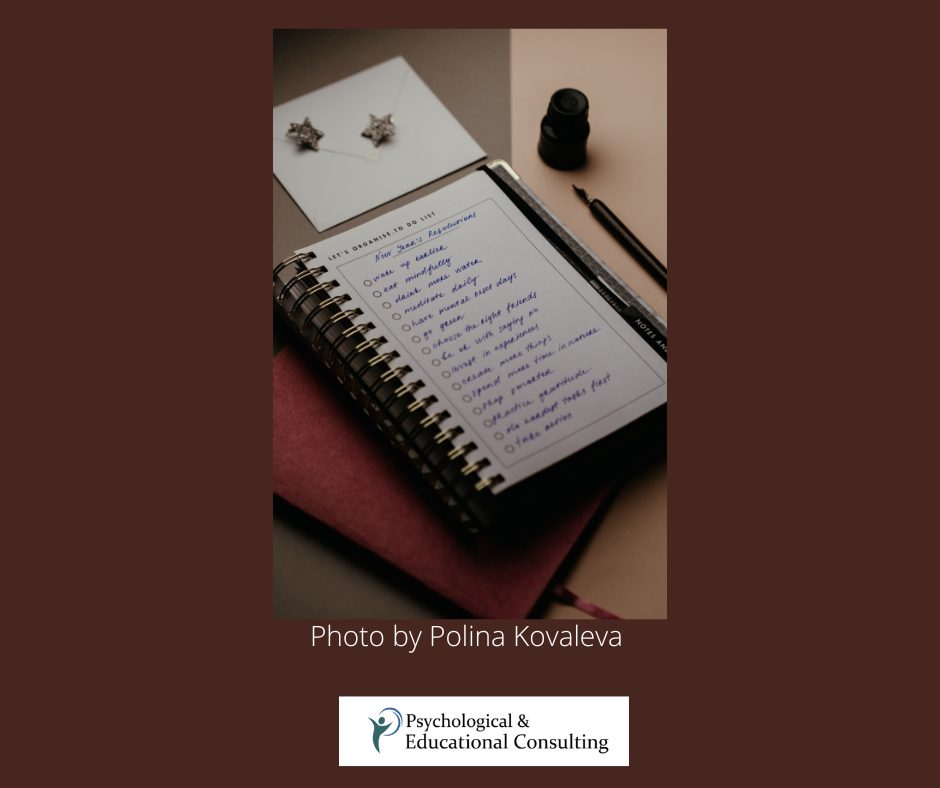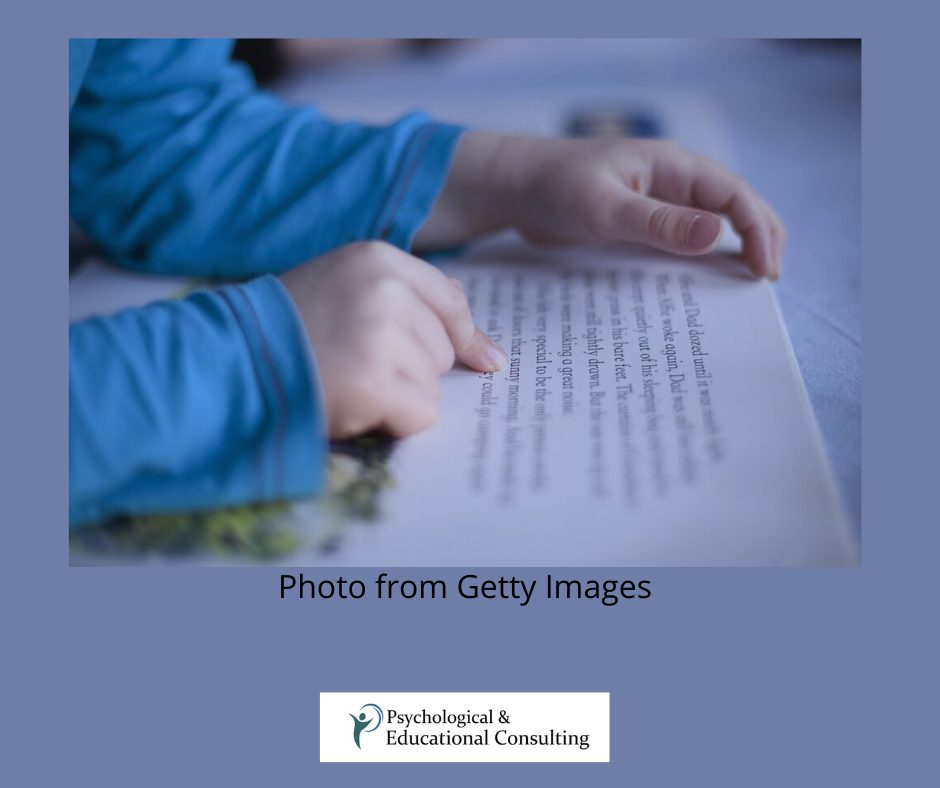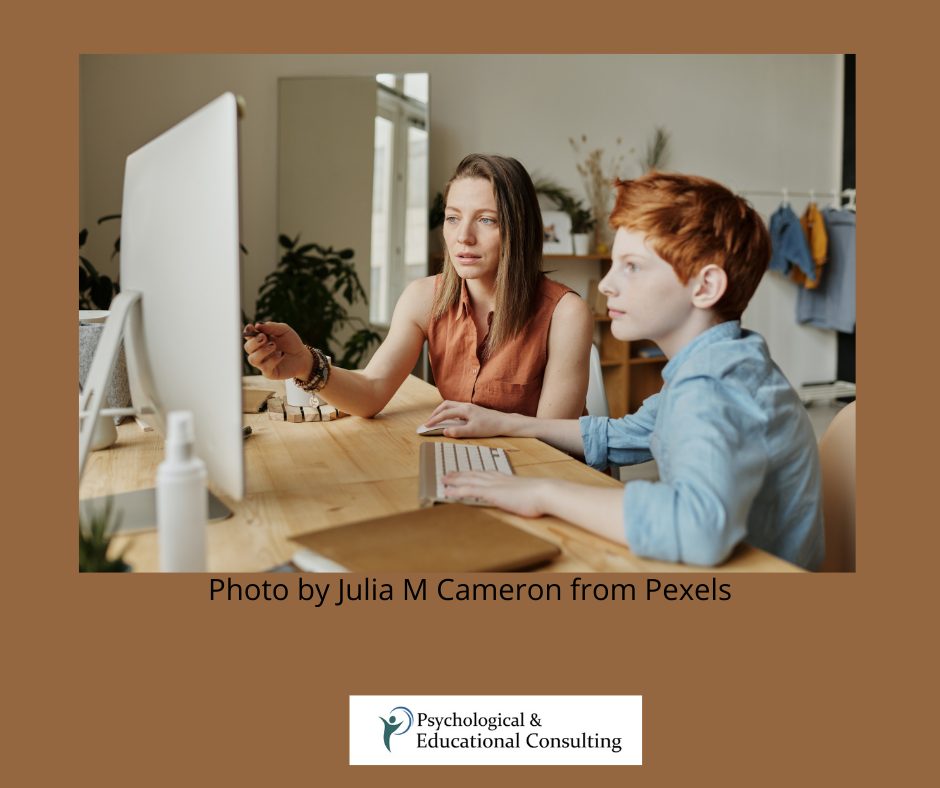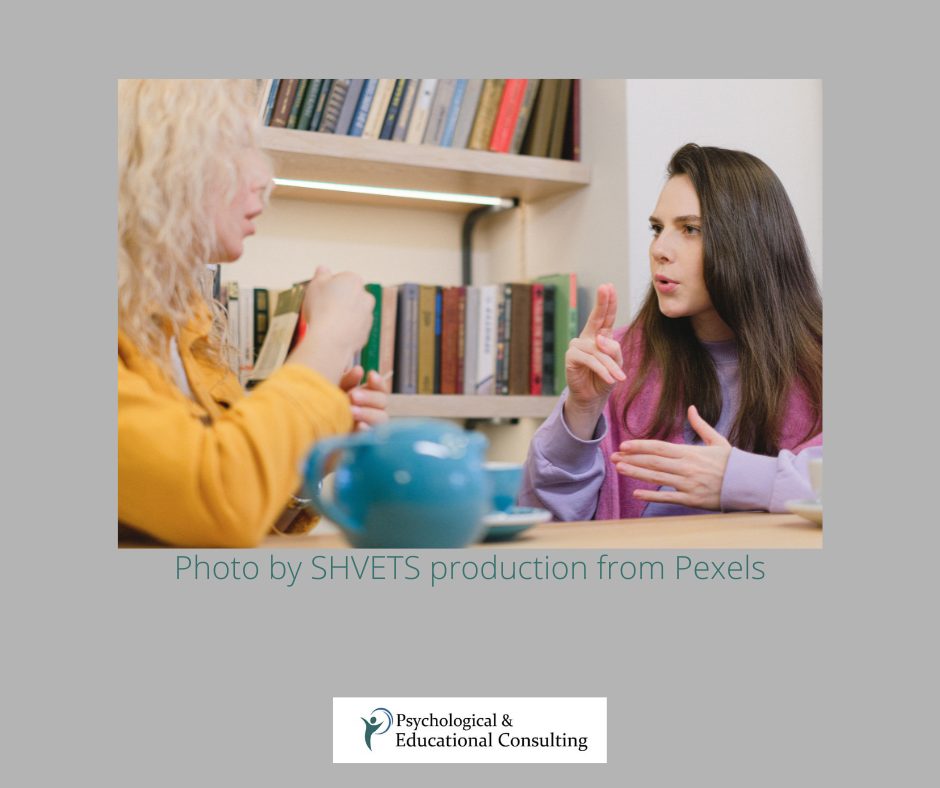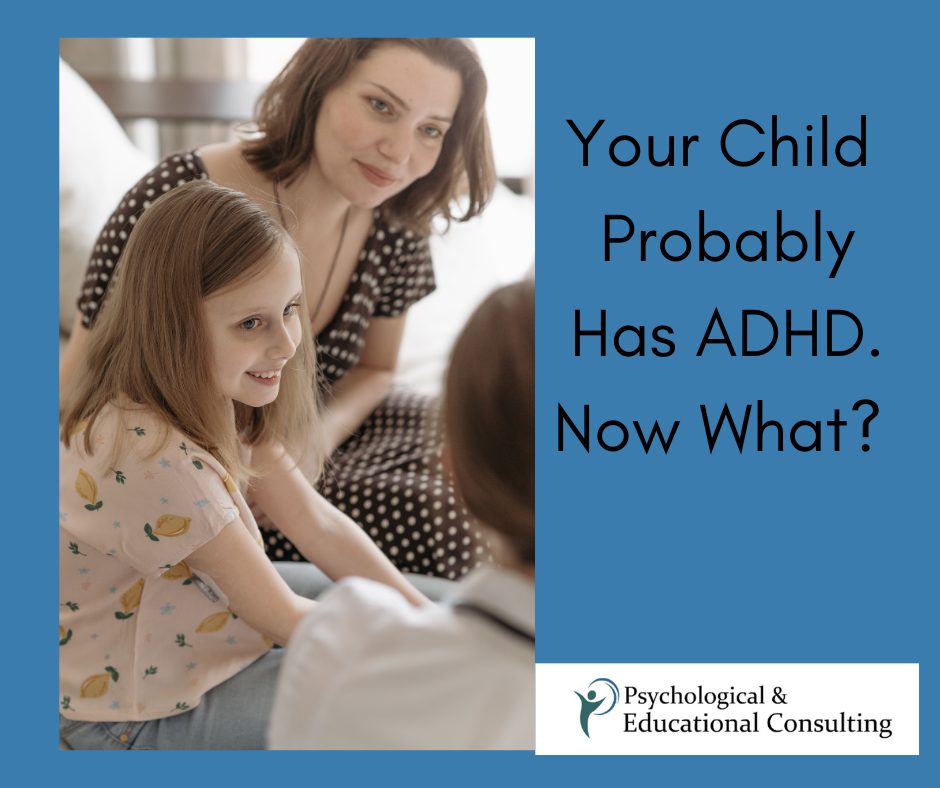Preparing for Success: How Technology Can Enhance Your Test Preparation Efforts
written by Jennifer Woods
Preparing for tests and exams can be a daunting task, particularly for young learners who may feel nervous about their abilities. However, with the right tools and resources at hand, it is possible to approach test prep with confidence and ease. One of the most helpful tools available today is technology, which offers a wide range of resources that can make test prep more efficient, effective, and even enjoyable.
In this article, we will explore some of the ways that technology can enhance your test preparation efforts, making studying easier and more engaging for young learners.
Interactive Practice Tests
Most people agree that practice tests are a valuable tool when preparing for exams, as they help learners become familiar with the types of questions they will encounter and the format of the test itself.
Interactive practice tests take this one step further by providing learners with immediate feedback on their answers, enabling them to identify areas where they need to improve. Platforms like Khan Academy, Quizlet, and RiSE+ offer a multitude of practice tests and questions for learners of all ages, from elementary school through high school and beyond.
Learning Apps
Another way that technology can enhance test prep is through learning apps. These apps provide learners with a fun and engaging way to practice key skills, such as maths, reading, and writing.
Many learning apps are gamified, making the process of learning feel like play. For example, apps like Duolingo offer engaging language practice in bite-sized chunks, while maths apps like Prodigy Math Game make maths practice more enjoyable than ever before.
Online Tutors
While classroom or in-person tutoring is an effective way to boost learning, online tutoring is becoming increasingly popular among learners of all ages. Young learners can benefit from working with online tutors who can provide personalized attention and targeted support. Platforms like VIPKid, Chegg, and Study.com offer access to online tutors who can help learners prepare for specific tests or provide extra support with homework and assignments.
Online Resources and Tools
The internet itself is a powerful tool for learners, providing access to a vast array of resources that can be used to support test prep efforts. From online textbooks and study guides to educational videos and interactive simulations, the internet offers a wealth of information that can help learners understand and master key concepts. Many of these resources are free and easily accessible, making it easier than ever for young learners to learn at their own pace and in their way.
Collaborative Learning Platforms
Finally, young learners can benefit from collaborative learning platforms that facilitate communication and interaction between learners. Platforms like Google Classroom, Edmodo, and Canvas provide learners with a centralised place to access and submit assignments, ask questions, and engage with other learners and teachers. Collaborative learning platforms can help young learners feel more connected and engaged in the learning process, which can ultimately lead to better performance on tests and exams.
In Summary
Preparing for tests and exams doesn’t have to be a stressful or overwhelming experience, particularly for young learners who may be new to the process. By leveraging the power of technology, learners can access a wide range of resources and tools that can make test prep more efficient, effective, and even enjoyable.
From interactive practice tests and learning apps to online tutors, online resources and tools, and collaborative learning platforms, technology offers an array of options that can support learners at every stage of the test prep process. Whether you’re preparing for your first spelling test or a high-stakes entrance exam, technology can help you achieve your goals and unlock your full potential.



